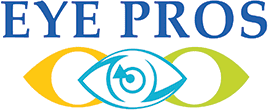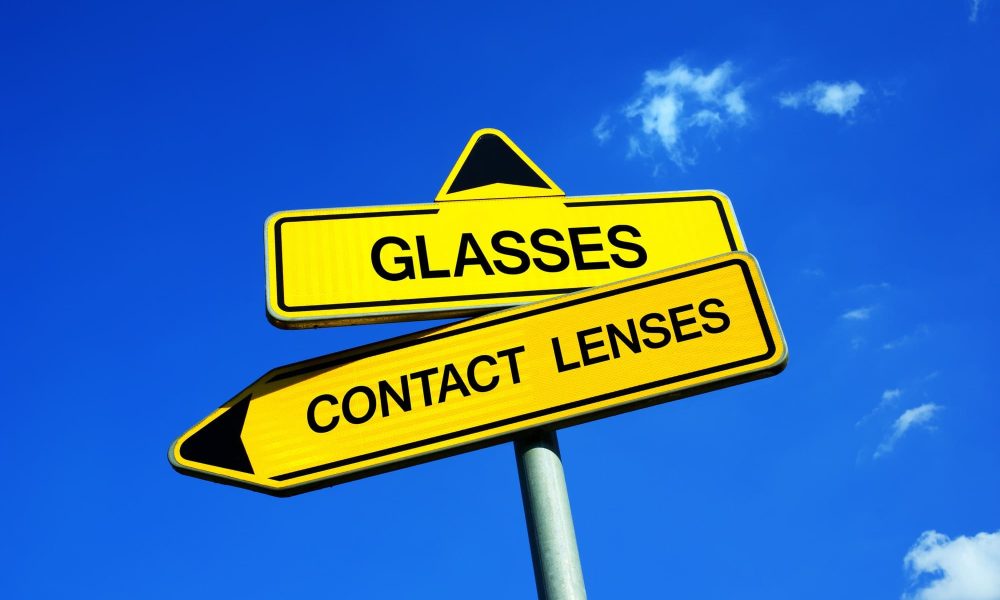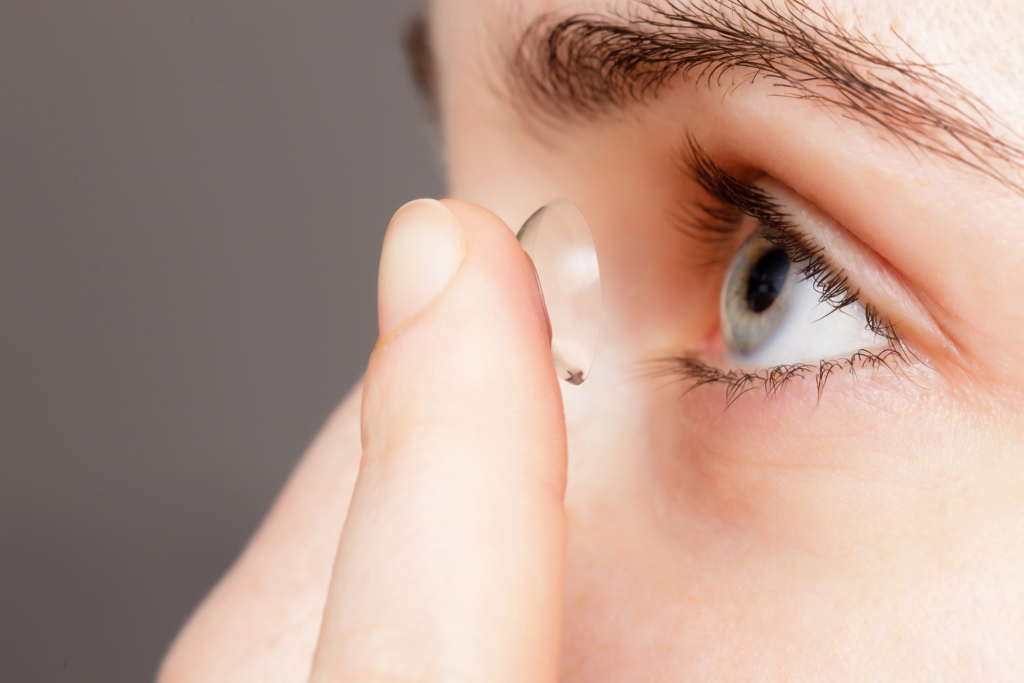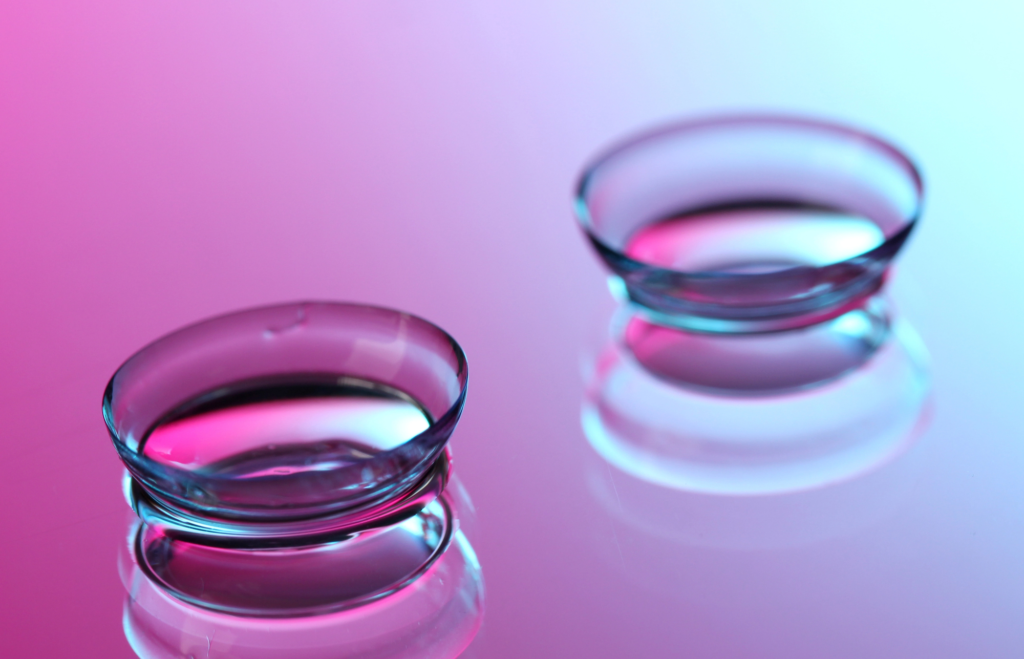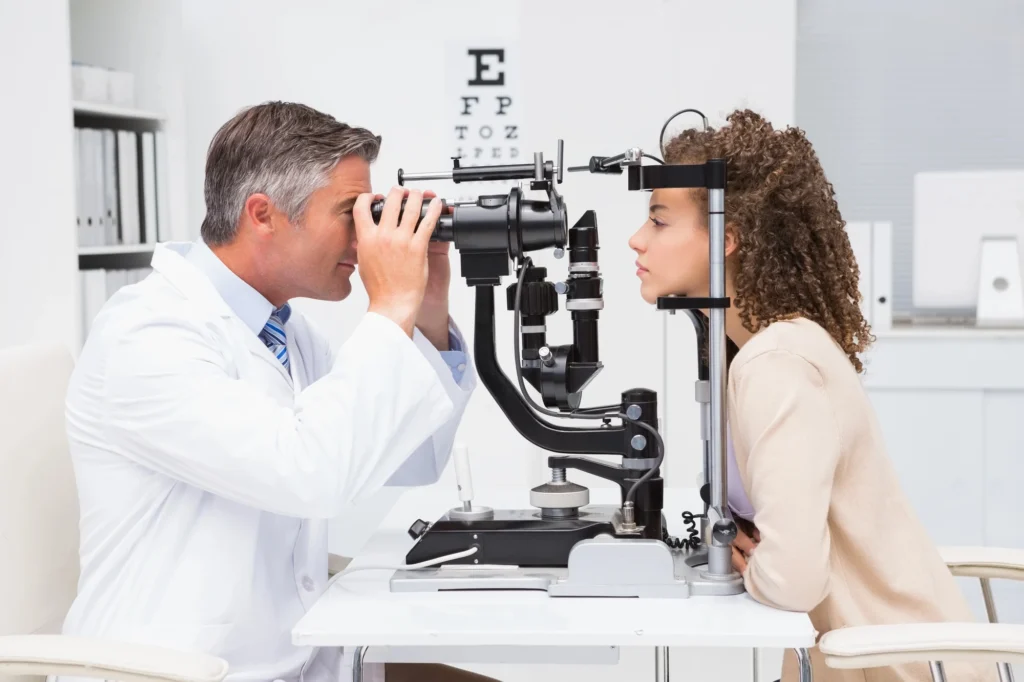Are you trying to decide whether to get contact lenses or glasses? It might surprise you that around 93 million US adults are at risk of severe vision loss.
That’s why it’s essential to weigh the key differences between the two before deciding. Once you do, you’ll have a new lease on life.
Want to learn more? Keep reading to find out everything you need to know about contact lenses vs. glasses.
Contact Lenses Guide
What are contact lenses? Contact lenses are small, thin disks that you place directly on your eye. They correct vision the same way that glasses do but without the need for frames or arms. Contact lenses sit on the surface of your eye and stay in place by the natural moisture there. While it might take some time to adjust, many people find contact lenses more comfortable than glasses.
What is the disadvantage of contact lenses? Despite their popularity, contact lenses do have some disadvantages:
- Risk of Infection: Improper cleaning and storage of contact lenses can lead to eye infections, such as keratitis.
- Eye Irritation: Prolonged wear or poor fit can cause discomfort, dryness, and irritation.
- Maintenance: Contact lenses require regular cleaning and care, which can be time-consuming compared to glasses.
- Expense: Since contact lenses need to be replaced regularly, they can be more expensive in the long run than glasses.
Types of Contact Lenses
Hard Contact Lenses
Also known as rigid gas permeable (RGP) lenses, these lenses are made from a rigid, inflexible material. They do not conform to the shape of your eye as soft lenses do, which may require a longer adjustment period. However, they are often more durable and provide clearer vision, especially for correcting astigmatism.
- Toric Contact Lenses: These specialized lenses are designed to correct astigmatism by having different powers in various meridians of the lens. They offer sharper vision than regular soft lenses for those with astigmatism.
Soft Contact Lenses
Soft lenses are made from flexible materials that mold to the shape of your eye, making them generally more comfortable than hard lenses. They are available in daily, weekly, and monthly disposables, which you can wear for a set period before discarding.
- Can I Wear Normal Contact Lenses with Astigmatism? While it is possible to wear standard soft lenses with mild astigmatism, toric contact lenses are often recommended for better vision correction.
Is It Safe to Wear Contact Lenses Instead of Glasses?
Wearing contact lenses is generally safe when proper hygiene and care are practiced. However, they might not be suitable for everyone:
- Who Cannot Wear Contact Lenses? People with certain eye conditions, such as severe dry eyes, chronic allergies, or a history of frequent eye infections, may find contact lenses uncomfortable or unsafe. Additionally, those who struggle with the maintenance and care required for contact lenses might prefer glasses.
Glasses Guide
What are glasses? Glasses, also called eyeglasses or spectacles, are vision correction devices worn on the face. They consist of lenses mounted in a frame that sits on your nose and ears.
Types of Lenses
- Polycarbonate: Impact-resistant and ideal for active individuals or children, these lenses also offer UV protection.
- Trivex: Similar to polycarbonate but with better optical clarity, these lenses are lightweight, durable, and provide excellent vision.
- High-Index Plastic: Thinner and lighter than standard lenses, these are perfect for those with strong prescriptions.
- Aspheric: Featuring a flatter curve, these lenses are thinner and offer a wider field of vision.
- Photochromic: These lenses darken in response to sunlight, eliminating the need to switch between regular glasses and sunglasses.
- Polarized Sunglasses: Designed to reduce glare, these lenses are ideal for outdoor activities but may obstruct views of certain screens.
Key Differences Between Contact Lenses and Glasses
Cost
Contact lenses generally cost more than glasses due to the need for regular replacement and the purchase of cleaning solutions. However, both glasses and contact lenses offer affordable options depending on the materials and brands you choose.
Convenience
Glasses are low maintenance and can be put on or taken off easily without any special care. They also don’t require cleaning solutions or storage cases.
Contact lenses, while convenient in that they don’t obstruct your vision or fog up, require daily cleaning and proper storage. For those who prefer less maintenance, daily disposable contact lenses offer a convenient solution.
Aesthetics
Some people prefer the look of glasses for the polished and intellectual appearance they provide. Glasses also offer a way to express personal style through different frame designs.
Contact lenses, on the other hand, are nearly invisible, allowing you to maintain your natural appearance. They’re also better for activities like sports, where glasses may get in the way.
Vision Clarity
Do you see better with glasses than contacts? This depends on individual preferences and conditions. Some people find that glasses provide a more consistent and stable vision, especially for those with complex prescriptions.
However, contacts offer a wider field of view since they move with your eye and eliminate the edge distortion sometimes experienced with glasses.
Are contacts better than glasses for astigmatism? For many people with astigmatism, toric contact lenses can provide clearer and more stable vision than glasses. However, glasses remain a reliable and effective option, especially for those who prefer not to wear contacts.
Switching from Glasses to Contacts
Switching from glasses to contacts can be an adjustment, but it offers many benefits, including a wider field of vision, no fogging, and no interference with physical activities. If you’re considering making the switch, it’s important to consult with your eye care professional to ensure you get the right fit and type of contact lenses.
FAQs
What is the disadvantage of contact lenses?
Contact lenses can cause eye irritation, dryness, and an increased risk of infections if not properly maintained. They also require more daily care and can be more expensive over time compared to glasses.
Is it safe to wear contact lenses instead of glasses?
Yes, it is generally safe to wear contact lenses instead of glasses, provided you follow proper hygiene and care guidelines. However, not everyone is a good candidate for contacts, especially those with certain eye conditions.
Who cannot wear contact lenses?
People with severe dry eyes, chronic allergies, or a history of frequent eye infections may not be suitable candidates for contact lenses. Additionally, those who struggle with the care and maintenance required for contacts might prefer glasses.
Are contacts better than glasses for astigmatism?
Contacts, particularly toric lenses, can offer better vision correction for astigmatism by providing a more stable and precise fit compared to glasses. However, glasses remain an effective and less invasive option.
Are contact lenses expensive?
Contact lenses can be more expensive than glasses in the long run due to the need for regular replacement and cleaning solutions. However, costs vary depending on the type of lenses and frequency of use.
Choosing the Right Option for You
The contact lenses vs. glasses debate ultimately comes down to personal preference, lifestyle, and vision needs. Both options have their advantages and disadvantages, and what works best for one person might not be ideal for another.
When deciding, consider factors like cost, convenience, vision clarity, and comfort. Also, take into account specific vision needs, such as whether you have astigmatism or require bifocals.
Consulting with an eye care professional can provide further insights and help you make an informed decision that aligns with your lifestyle and visual requirements. Whether you choose glasses, contact lenses, or a combination of both, prioritizing your eye health and comfort is key to enjoying clear and healthy vision.
If you have any questions or need assistance with choosing the best option for your vision needs, don’t hesitate to contact us. We’re here to help you see the world clearly, no matter what you choose!
